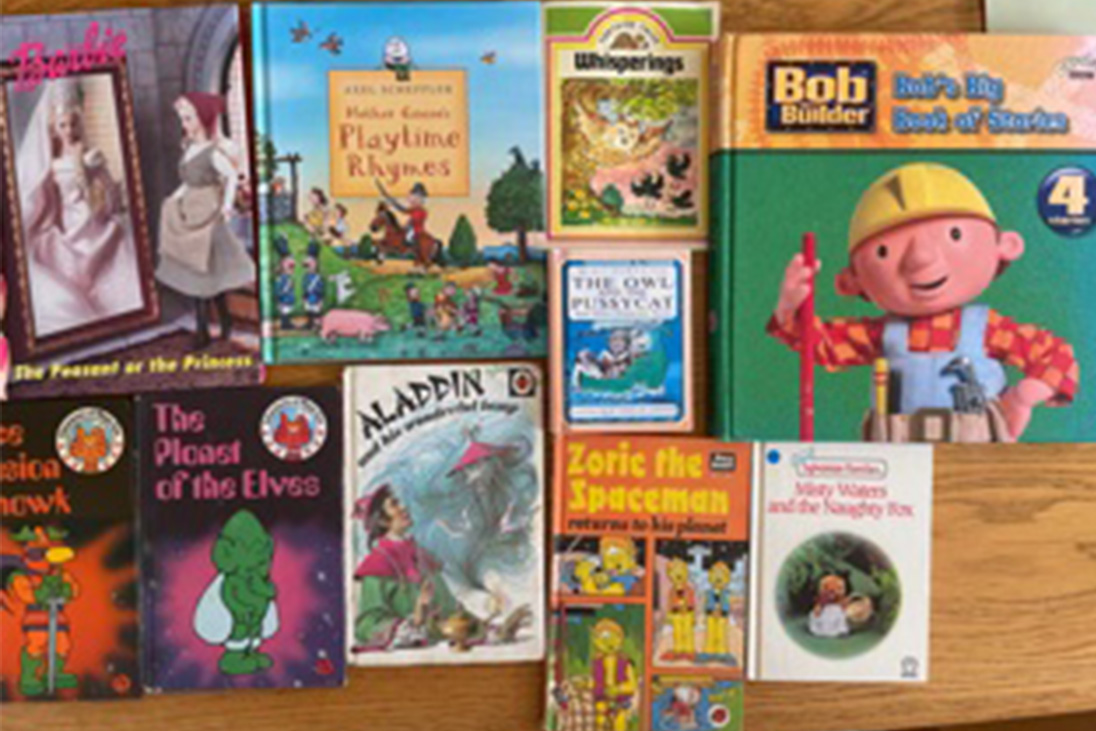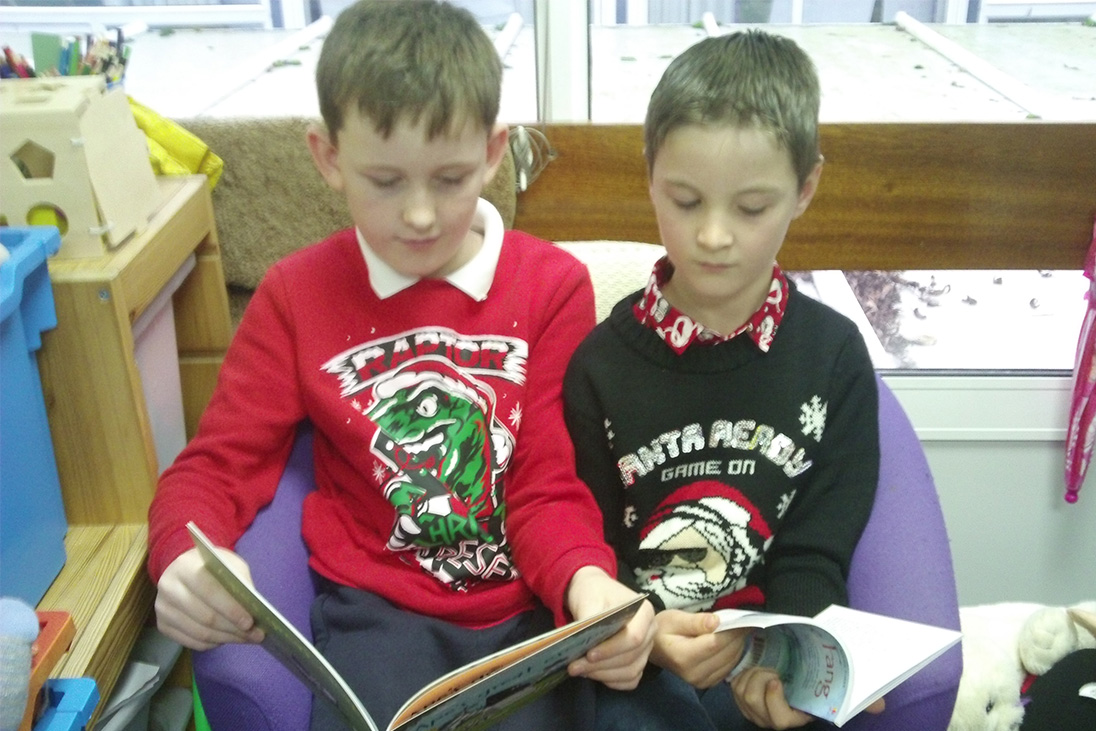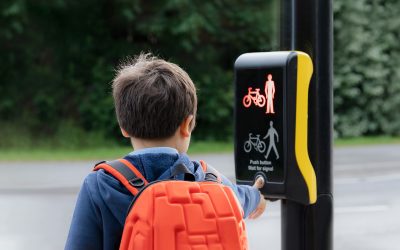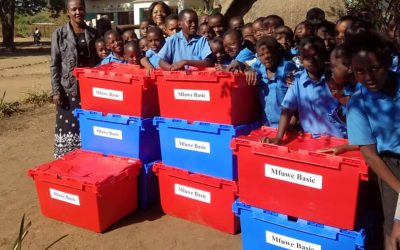Havant, on the outskirts of Portsmouth, is an area that has a variety of affluence and deprivation.
Havant Rotary Club has worked on a variety of projects with schools in their area over the years.
When primary schools were asked what they might need to help their work with literacy, well-being books were requested and supplied. It also became apparent that there were pupils who had little or no access to books outside school.
And that was the start of the Havant Rotary Literacy Reading Project.
The aim of this project is to provide reading books for four to 11 year-olds which can be borrowed and kept by pupils who will benefit from having access to books so they can choose to read, enjoy and change for another.
The children say that they love coming to choose a book and love the selection on offer.”
In April 2021, Havant Rotary started with two schools to trial the project and gain experience in the best ways to manage the offer of a different set of reading books in the schools for roughly every term.
The club’s literacy team collected books from a variety of sources. One member approached their publisher Collins who provided books from the ‘Big Cat’ Series.
The Rotary club also bought books from the publishers Usborne and was provided with more free ones as a result of the initial spend.
Members collected and donated good quality books found in charity shops, or donated from other community organisations including a local Muslim group and the Scouts.


Some books are offered to children as part of the scheme.
The club collated and listed the books in age groups and boxed them with specially designed Rotary bookmarks and a leaflet explaining what the club was doing.
The book boxes were delivered in mid-September, and the project had begun.
Before Christmas, the schools reported back how they felt the project had gone. Feedback was positive.
“Schools had selected their pupil premium pupils who would most benefit from the extra access to books – that is children with challenging backgrounds, but nevertheless quite able,” explained Rotarian, Shelagh Moore.
She reported how in one school, the youngsters were given free rein to choose their own books within their age range and keep them for as long as they wished. The children were monitored by staff on how they used the facility and what they got out of it.


Two friends reading together
Some children took their books home while others preferred to keep them at school. They were returned in the same good condition as when they were lent. The older children seemed to keep a book for much longer than the younger children who got through up to six books during the term.
There seemed to be little difference in preference for fictional or non-fictional books. However, recently published books were much more popular than older ones, not because the latter was tatty but because they were thought to be old fashioned in content.
Schools had selected their pupil premium pupils who would most benefit from the extra access to books – that is children with challenging backgrounds, but nevertheless quite able.”
Shelagh said that while it is too soon to assess the impact of the project on the children’s interest in reading, the early signs are promising.
“The children say that they love coming to choose a book and love the selection on offer,” added Shelagh.
“The feedback, so far, is positive and we are looking forward to the Spring term when we will exchange the books for new sets of readers.
“Covid-permitting, we plan to talk to the pupils to find out their response to being offered books to read and enjoy.
“In the meantime, we continue to collect books, collate them and replenish book boxes when they are returned.
Any Rotary clubs interested in finding out more about the project should e-mail Shelagh.










